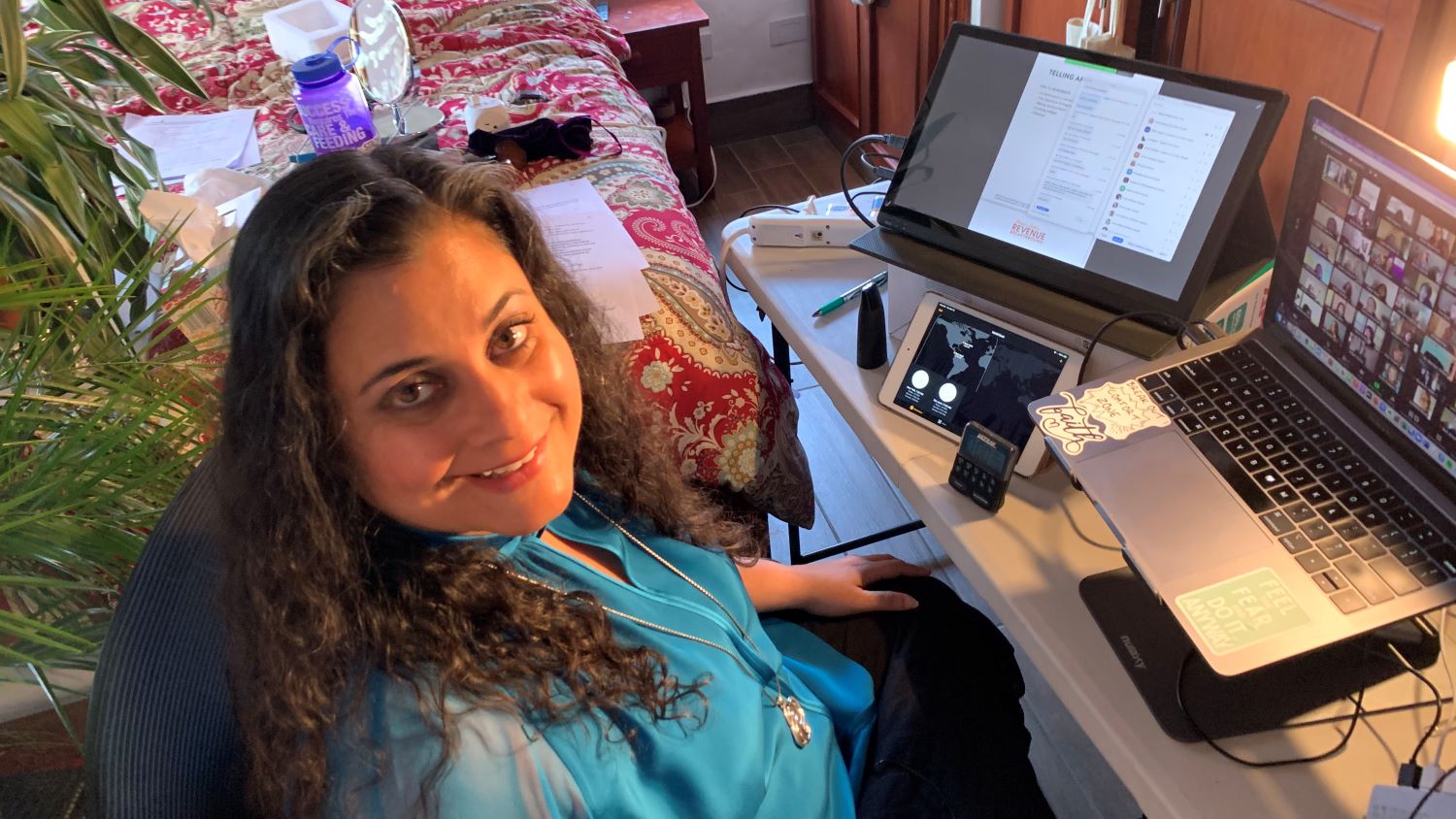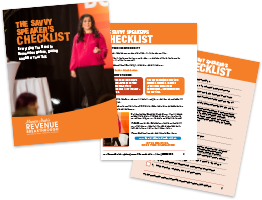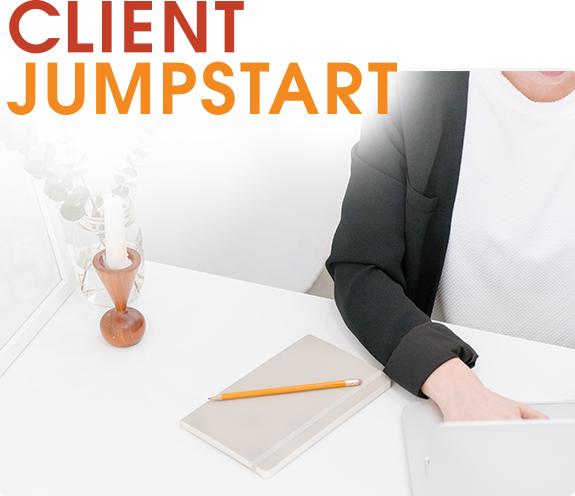Dealing With Failure and Disappointment
Being an entrepreneur at this time of the year makes it very easy to beat yourself up – to look back on your year and feel as though you didn’t do enough. To feel that the things you tried just didn’t work. That the year just ended too quickly and you ran out of time. Then you are left dealing with failure and disappointment feelings as you look back and recall how it all went down.
But the truth is that we need to look deep into failure’s eyes before we give ourselves a hard time about all of this.
There are so many opinions out there about failing. They tell you to fail fast, to fail often, that there’s no such thing as failure, or that you have to fail over and over again in order to get what you want.
I, like any other entrepreneur who wants to be successful, listened to this advice, especially at the start of my business. I trained myself to fail, fail, and fail again – to be OK with failure. To be resilient.
In order to do that, I did more in my business. I planned more events. I did more launches. I made more changes. And it worked – in doing more, I also failed more.
But here’s the catch: there’s a whole side to this that the gurus don’t talk about. Failure hurts. And it doesn’t just hurt a little bit – it hurts A LOT. Especially if you’re like me and pride yourself on results, excellence, and mastery.
Failure also doesn’t enter your life alone. It brings with it a whole host of friends – disappointment, shame, embarrassment, regret, sadness – all the toughest emotions.
I don’t think that we spend enough time talking about these emotions and how to deal with them – everyone is too busy talking about how they got over these emotions – or how good success is on the other side.
But what do you do when you’re hurting?
For so many entrepreneurs, the end of the year is a time of hurt – regrets about not doing more, sadness about not getting enough sales or clients, and shame around work that didn’t get done.
The truth is that, if you’re working towards success in your business, you are inevitably going to take more actions. Statistically, taking more actions means taking more risks. Taking more risks means losing on some of those risks and failing more often than you did in the past.
On a cognitive level, that feels doable. But, for many of us, the visceral feeling of disappointment after failure is enough to keep us out of action – no matter how often we are told that failure is OK.
It’s disappointing when you don’t make your numbers. It’s sad when you do something wrong. It hurts inside when people reject you.
And the pain doesn’t go away overnight. I remember the last time I experienced significant failure – it was right after an event where we didn’t quite hit the numbers that I wanted to hit.
I remember the waves of disappointment that poured through my body for three weeks after the event. It felt like a combination of the kind of heartache you feel after a breakup, the feeling you get just before a crying fit, and exhaustion.
I’m not bringing this up because I know how to make the feelings go away. I’m bringing it up because, as an expert in business, I at least want to normalize this experience.
I want to talk about it so that, if you find yourself face to face with failure and the heartache that comes with it, you won’t feel like something is wrong for you.
For me, that shift has come from accepting my feelings around failure and understanding that I may feel an ache in my heart and body when something doesn’t work.
In those moments, I continually remind myself that I’m still safe, that nothing is terribly wrong—even though it feels like it—and that these feelings will not last forever.
I think that my biggest breakthrough relating to failure has been realizing that I can handle disappointment and other such difficult emotions.
I don’t have to resist it. I don’t have to be afraid of it. I don’t have to push it away.
Along the way, I’ve learned a few tips for dealing with the disappointment caused by failure.
Tip 1: Don’t be afraid of that feeling. Know that, no matter what you do, there is a 50% chance that you’ll feel disappointed with what happens.
Tip 2: When disappointment does strike, don’t resist it. Lean into it. If it comes in waves, feel them ebb and flow through you. Remember – it’s not permanent, and you aren’t alone.
Tip 3: Change your thoughts. Let’s say you had a tough year and you come up $50,000 short of your revenue goal. Often, that realization triggers waves of disappointment and shame.
Your brain tells you, “I’m not good at business. This isn’t worth trying. I’m a bad human being. I just don’t know what to do. This feels hopeless.” You start to feel yourself retreat from doing your work, and Netflix seems to save the day.
On some level, you decide—subconsciously or consciously—to quit, right then and there. This is where you have to change the story in your head.
It’s a great time to sit down and write out a new narrative: “I did the best that I could this year. I learned a ton. I am reflecting on what went well and what could shift. I will find the support that I need in order to grow my business, even if I can’t see it right now.”
Tell yourself, “I am learning how to be a good businessperson. Every year is a fresh start.”
If you are currently beating yourself up about this year, well, I could give you some advice about feeling better or keeping your head up. But I’m not going to. I’m going to say, yeah, that sucks. Disappointment hurts.
But I’m also going to say this: let your body feel it, and don’t resist it. Don’t try to push it away. Lean into it. Learn from it. And then, when you’re ready, let it go.
And remember – the way to let it go is to make sure that you change the narrative running through your head.
The sooner we open ourselves to feeling hard feelings, the faster they travel through us, which creates more space for hope and joy.
Here’s to 2022 – and the knowledge that beautiful things are coming, even with our disappointment.








